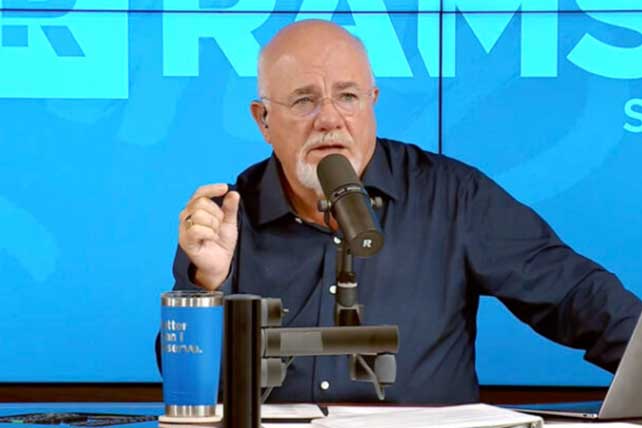(RNS) — In 2022, Mark Rivera, a former Anglican lay minister, was convicted of felony child sexual assault three years after a young girl told her mother that he had abused her. Months later, he pled guilty to felony sexual assault, nearly three years after his neighbor reported that Rivera had raped her.
From the first, his survivors said, authorities in the Anglican Church in North America’s Upper Midwest Diocese had been slow to respond, casual about informing their fellow church members and, even after he had been arrested, sided with Rivera.
In 2021, several of Rivera’s victims went public about the obstacles they faced in reporting Rivera’s misconduct, and, ever since, a group of ACNA members has been clamoring for the denomination to revise its abuse prevention protocols.
Now, the denomination has taken steps in that direction. At its June meeting in Latrobe, Pennsylvania, the denomination’s governing bodies added two sections to church bylaws about safeguarding and reporting misconduct, according to a recent update to ACNA’s website. A long-awaited overhaul of Title IV, the bylaws’ protocol for church discipline, is still reportedly in the works.
It was in part “because of the nature of what was going on in the Upper Midwest” that ACNA called an extraordinary meeting of its Governance Task Force, a committee of clergy and laity, around early 2023, charging it with reviewing the denomination’s bylaws, according to the Rev. Phil Ashey, then the group’s chair.

Bishop Stewart Ruch III. Photo via ChurchRez.org
By that time, the Rev. Stewart Ruch, the charismatic bishop who oversees the Upper Midwest Diocese, had returned from a voluntary leave of absence he had taken after admitting to mistakes in responding to the allegations against Rivera. He has since become the subject of a church trial examining whether he knowingly welcomed individuals with histories of predatory behavior into diocesan churches.
The task force commissioned two working groups: A Title I group to examine minimum safeguarding requirements for dioceses, and a Title IV group to review the denomination’s policy for responding to clergy misconduct. The task force reportedly spent more than 1,500 hours developing proposals, raising hopes that the Assembly, ACNA’s largest representative body, would be voting on sweeping revisions to Title IV this June.
But in early March of 2024, the task force published a draft of proposed changes that included two significant Title I amendments, and only minor revisions to Title IV. A May 2024 update of the proposals framed the Title I changes as laying the groundwork for an eventual Title IV overhaul.
The proposed new Title I sections gave the dioceses and their bishops responsibility for their own best practices and reporting of misconduct. This raised concern that the proposals allowed the church’s national leadership to evade legal liability for abuse. Others worried the draft left unclear who would hold bishops accused of misconduct accountable. At the June meeting in Latrobe, one member of the task force urged that the denomination strengthen its own oversight. The final version that passed included additional language saying it was “moral duty” of the whole church to “see that the flock of Christ is protected from abuse,” while leaving primary responsibility in the hands of the bishops.
The Rev. William Barto, a priest in the Reformed Episcopal Church (a sub-jurisdiction of ACNA) and a member of the Title IV working group, said while many dioceses already had pre-existing policies, the final version of the Title I amendments will formalize that requirement. “This is consistent with the larger governance structure of Anglican Church in North America, which is very decentralized and puts focus of activity on the congregation and the dioceses that support those or oversee those congregations,” he said.

Rev. William Barto. Image courtesy ACNA
Barto told RNS he thinks the change is a step in the right direction. “In the trial of Bishop Ruch, in the diocese of the Upper Midwest, part of his defense is, it wasn’t my job … I trusted the local rector, the local priest in charge, to take care of this,” he said. “So this is, in part, an effort to foreclose that and clarify that the buck does stop with the diocesan bishop, in terms of the misconduct of their clergy, staff and their congregations.”
Still, the new version of Title I lays out minimum requirements that the dioceses must adopt by the end of 2025 in their misconduct protocols. They include the appointment of report receivers, the creation of a reports investigation committee, requirements that pastoral care be provided to the reporting party and clergy accused of misconduct and guidelines for dealing with reports of lay misconduct.
Ashey, who leads the mission organization American Anglican Council and who served on the Governance Task Force for 15 years, praised the revamped Title I, calling it “a wonderful framework for caring for those who’ve suffered trauma. It also provides a fair and transparent process and care for those who’ve been accused as well, and it provides the ability for each diocese to devise its own process of discipline that actually incorporates these general standards.”
But Sarah Wagner-Wassen, a canon lawyer in the Anglican Catholic Church who has written about the ACNA canons, as church laws are known, said she is concerned that making changes to Title I without the expected overhaul of Title IV creates inconsistencies in the reporting requirements.



 When a
When a 




























